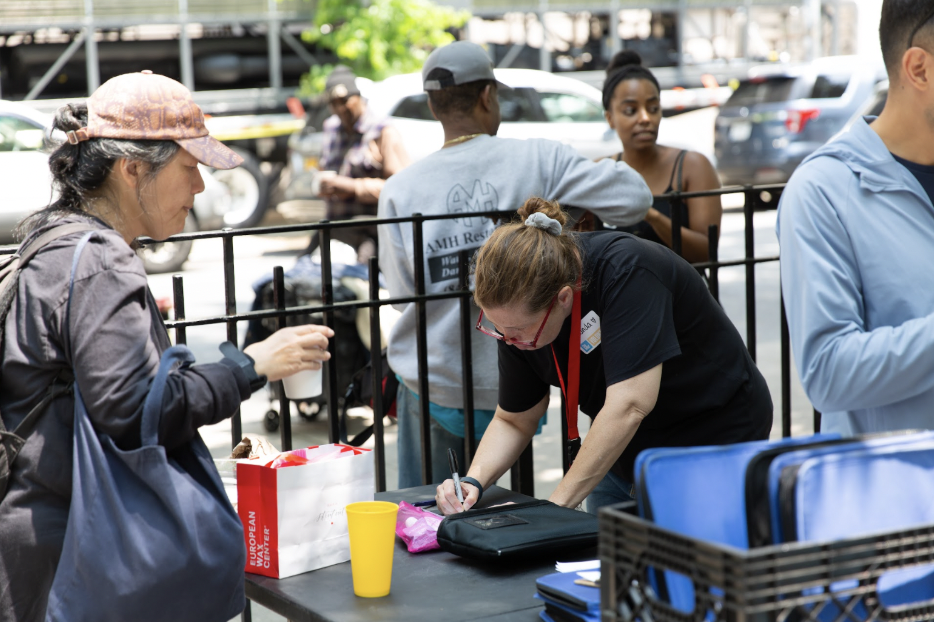Natural Disasters Don’t Discriminate, But the Recovery Does
I met him a few months ago in Harlem. He was in his fifties — well dressed, articulate, and looking for work. A proud Howard University graduate, he once worked in their IT department. After getting married, he moved to New York City and built a life. But then came a divorce, and not long after, a fire in his apartment building that started when a neighbor left the stove on overnight.
That fire changed everything. The shelter he found didn't last long, and by the time I met him, he was thrilled to have signed a new lease at a new apartment. But he was still waiting on the keys, and needed just a little more support to get over the finish line.
This month, I've written about how disasters often push people into homelessness overnight. Not because they were chronically struggling, but because life turned upside down in an instant.
And while disasters don't discriminate when they strike, the road to recovery does.
In 2023, the U.S. faced 28 separate billion-dollar weather disasters, the highest number ever recorded in a single year. These storms, wildfires, and floods displaced an estimated 2.5 million Americans. That's the equivalent of every single person in Chicago or Houston being forced from their homes. It doesn't help that according to a Bank of America survey, nearly half of all Americans are living paycheck to paycheck, which transforms any unplanned setback into a life-altering catastrophe.
The stories behind these numbers are deeply personal. Two weeks ago, I shared that the people who fall through the cracks are often renters with no financial cushion, no insurance, and no one to call. And as we talked about last week, when the spotlight fades and emergency crews leave, the burden of rebuilding lands heaviest on those who were already living close to the edge.
This is where homelessness and disaster recovery collide.
Many survivors lose vital documents, making it nearly impossible to apply for FEMA assistance or file insurance claims.
Undocumented immigrants or those in informal housing are often excluded entirely from federal support.
And in cities already facing housing shortages and rising rents, there's simply nowhere to go once emergency shelter runs out.
Disasters may strike without warning, but what happens next is both deeply predictable and deeply unjust. But it doesn't have to be.
We can build stronger safety nets. We can advocate for more inclusive policies. We can support organizations that stay long after the cameras leave. And we can take simple steps to prepare ourselves and help our neighbors. Because as I've said before, if it happened to them, it could happen to us.
As this series wraps up, I hope we keep asking the hard questions, taking action where we can, and showing up for one another when the worst happens.
With Gratitude,
Josiah Haken
City Relief, CEO

